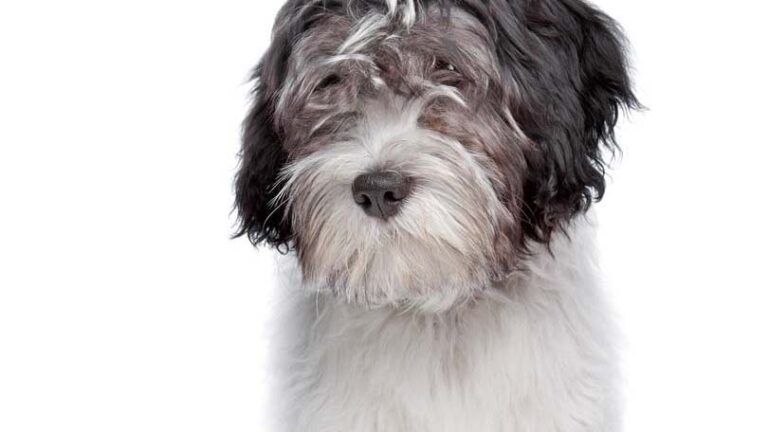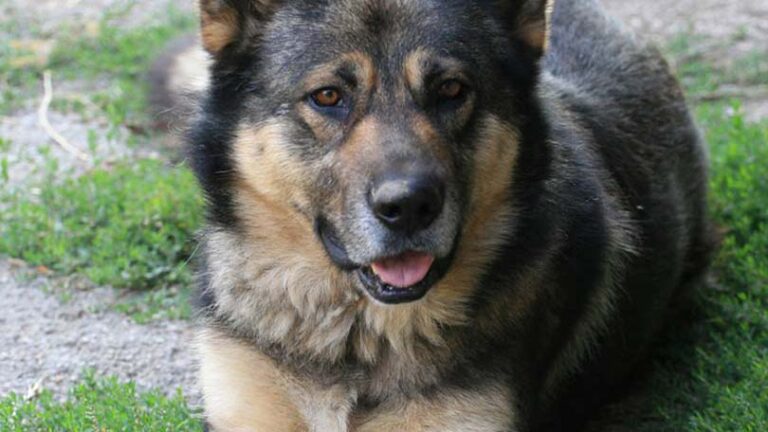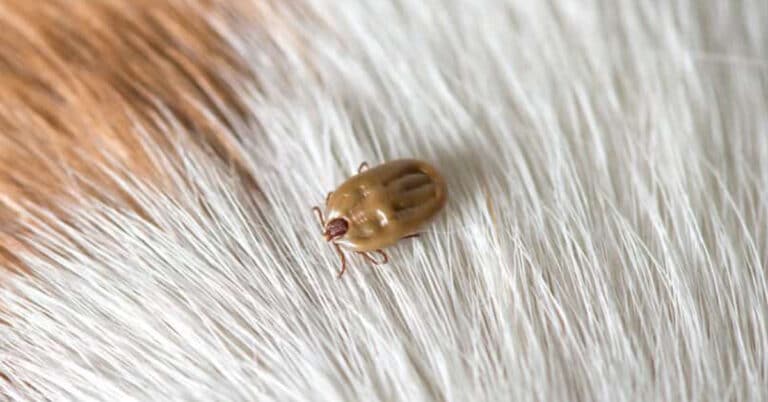Dog Breath – Does your Dog’s Breath Smell Foul?
After years of resistance, I have finally succumbed to the pressure and joined the Pilates cult. So far, I have been unable to entice my husband to join me in search of longer, leaner muscles and a sense of empowerment, but the dogs are quite willing to be a part of this activity in any way possible.
I am finding that the more time I spend prostrate on the floor with the dogs taking turns hovering over my head and panting, the more I find myself contemplating the age-old question:
“Why does my dog’s breath smell so bad?”
There are times when the answer to this question is obvious, such as when Tia, my Australian Shepherd cross has been dining from the smorgasbord that I call the cat’s litter box. There are plenty of times, however, when they have not been consuming cat “leftovers” that their breath can still make them the kind of date you don’t kiss goodnight.
The most common cause of dog breath is periodontal disease. Within hours of brushing our pets’ teeth, bacteria set up camp in their mouths. This bacterial layer eventually mineralizes into tartar. Untreated, this can progress into an infection of the gums, and eventually spread into the bones of the mouth. Your veterinarian can diagnose periodontal disease and may prescribe a dental cleaning under anaesthetic, tooth brushing, oral rinses, or antibiotics in some cases.
Other types of infection can also make your pet’s breath less than agreeable. Dogs with infection in their sinuses or their upper respiratory tract, whether from viruses, bacteria, foreign material (such as grass seeds), or even cancer can present with fetid breath. Dogs with lips larger than their mouth, such as Great Danes, Cocker Spaniels, or bulldogs may develop an infection of the skin in their lip folds.
There are some diseases affecting an animal’s entire body which can change your pet’s breath. Diabetes or kidney disease, for example, can manifest as changes to your pet’s breath. Some autoimmune diseases also present with similar symptoms. Your veterinarian may require blood and/or urine tests to confirm these diagnoses.Trauma in the mouth can allow the invasion of bacteria, resulting in halitosis. Common causes of oral trauma are oral fractures, accidental exposure to caustic agents, foreign material, and burns, (usually caused by chewing electric cords)
It doesn’t take a rocket scientist to diagnose halitosis. Anyone with a functioning sense of smell can quickly isolate disagreeable odours wafting from their pet’s mouth. A veterinary examination is necessary to illuminate the underlying causes of bad breath. With a thorough medical history, examination, and possibly blood or urine tests, your veterinarian should be able to diagnose and make recommendations as to how you can treat your pet, and avoid further “social embarrassment”.
Article supplied by: Dr. Jocelyn Fredlund

Having discovered a fondness for insects while pursuing her degree in Biology, Randi Jones was quite bugged to know that people usually dismissed these little creatures as “creepy-crawlies”.







